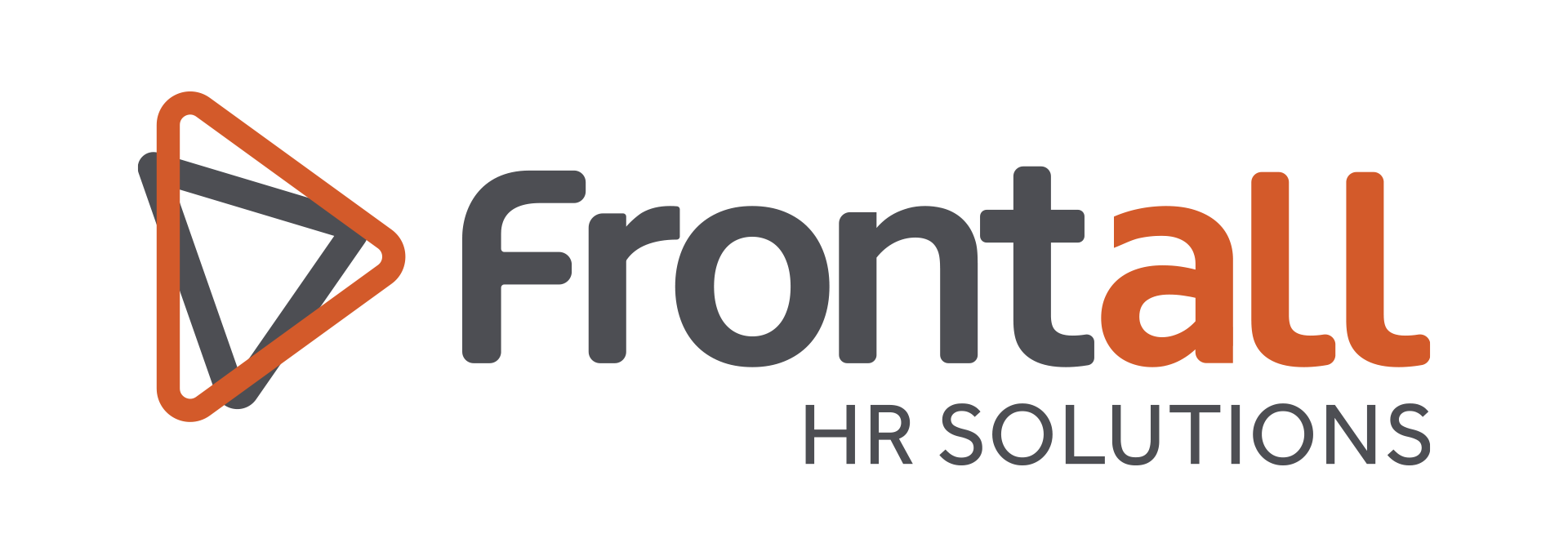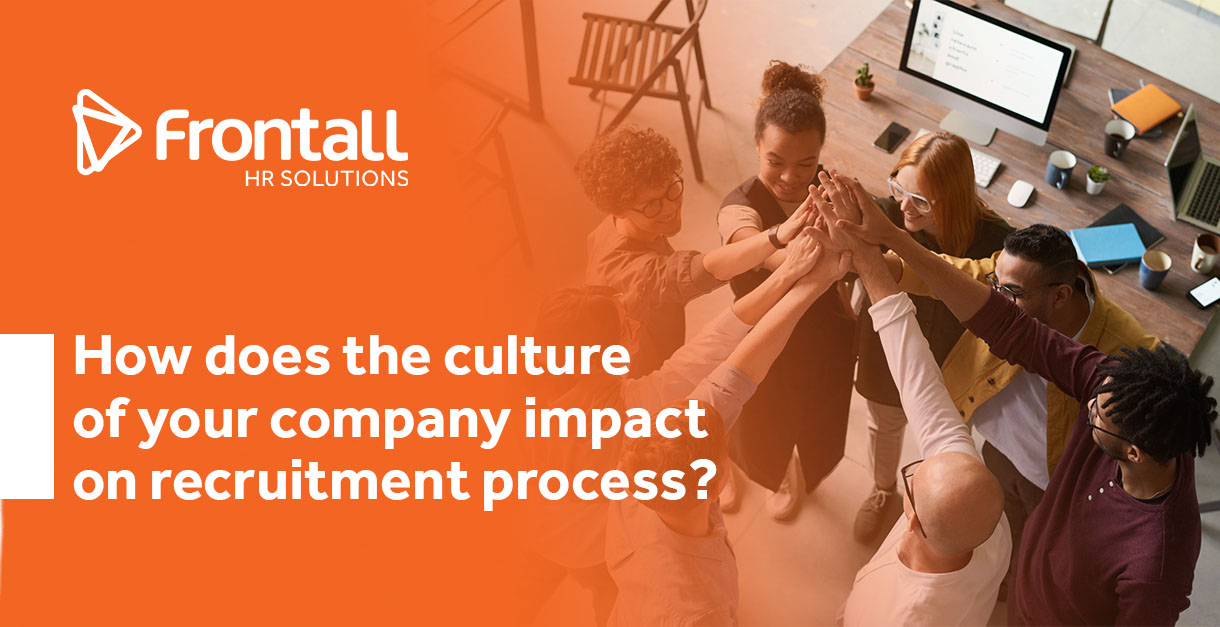A Staffing Agency is a company dedicated to recruiting talents for specific needs, so a recruitment team is always finding people that match diversified environments.
The challenge here is to understand how each company likes, then it’s possible to find good candidates. For this reason, it’s an effort that demands strong skills and a trained feeling about people.
How HR Solutions works at Frontall USA?
Each business is a new project. When a client requires services, we start by understanding the company culture. Then our project manager, with our leaders, draws up the ideal profile for the employment opportunity and sets up the best way to find candidates, based on our staffing knowledge.
After allocating an employee to the company, we still follow back, every day, for a week, taking feedback from the employee and from the person in charge. With it we’re able to understand if the recruitment process was successful or identify problems to solve them.
We understand that the possibilities for each position are huge when talking about people, as a result of it the recruitment procedure is constantly improving. Besides, it changes a little depending on the kind of service: temporary, direct hire or overseas outsourcing.
It is common to wonder why a company’s culture modifies so much our processes of searching for a candidate, and it is a fair question, after all this subject is rarely approached with the necessary details and depth to motivate an analysis of the corporate environment.
However, it is a fact that in a world that is increasingly fast-paced and agitated by technology, people have been looking for corporate environments that are safe, transparent, and that allow for personal development, because today it is understood that the relationship with the work environment does not need to be harmful, since it hides a good part of everyone’s life.
Company values vs. culture
It is very common to confuse these two terms and although they go together, unfortunately, not always one reflects the other. According to Gustavo Razzetti, CEO and founder of Fearless Culture, in an interview for the Deep Leardership Podcast: the values of a company are not its culture, but the daily actions that take place within it, these actions will dictate the tone of coexistence among all. So, it is this “tone” of coexistence that we can call culture.
For example: if a company builds its image on values of promoting ideas and innovation, but in its day-to-day operations the ideas of its employees are poorly received and often harassed, then the company (despite carrying the value of innovation as a banner) does not carry the concept as a culture, therefore the value is not part of the company’s reality. On this kind of environment people probably will constantly feel discouraged or afraid of sharing ideas, consequently it will be the tone of coexistence among all.
What does it take to create a collaborative space among your employees?
Simon Sinek, on a speech for a Ted Conference can help us to figure out it. The speaker shows us by examples how a safe space makes most committed people and just by thinking about what he said, it’s possibly understood why some people like their company when others that would like to move forward.
“When people in a company feel secure and trust their leaders, they naturally combine their talents, skills and knowledge to face adversities for the company”
Simon Sinek
The leadership of your teams are the ones who have the power to impact your company’s culture. In consequence, if they are well trained and covered by good management practices, they will probably succeed in guiding their teams.
The collaborative spirit within the company comes from the trust established between leaders, directors, and employees. The existence of a space in which there is: career development, transparent feedback exchanges, the health and well-being of the employee are put in the foreground, and the company’s actions are consistent with the values announced are examples of practices that lead to cooperation.
What attitudes can be adopted to start developing a sustainable corporate culture?
1. Ask what your employees want
It may be simpler than it sounds. Just listening to your employees’ complaints or suggestions and coming up with possible solutions may be enough to trigger the right actions within your company. Before you invest in big changes, talk to them, and see if it really makes sense for your team.
2. Avoid actions that don’t result in anything truly workable
Focus on actions that will have a positive impact on your company’s daily routine. If it is a new process that will make things easier, invest in training to make it really happen. Don’t bring a new feature a week and expect everyone to be happy. Adaptation takes time, effort, and a very rigorous evaluation of the investment.
3. Redirect attitudes that do not converge with the culture you are proposing
We are dealing with people, and inevitably we will need to direct attitudes that may threaten the good practices that are being developed for the company. It is common that constant feedbacks need to be given in these cases, but the situation needs to be guided with sensibility. It is possible that terminations may need to be made, for the overall good of the team, but these situations need to be well analyzed to ensure that all resources have been used.
Again, don’t forget to be consistent and coherent with the announced values it`s a very important item. Internally everything is felt more intensely; those who face the day-to-day of the company are the ones who can tell if the values are part of its organizational culture. If these two are misaligned, your employees will be the first to feel it, and eventually your customers and the public in general.
A company’s culture is too much to ignore in selection processes. The variations within the job market are many, and to ignore their impact at the time of the selection process would be to put our purpose at risk. Part of being responsible for connecting talent with business is knowing what is best for each party. To have that answer is to be Frontall USA!


